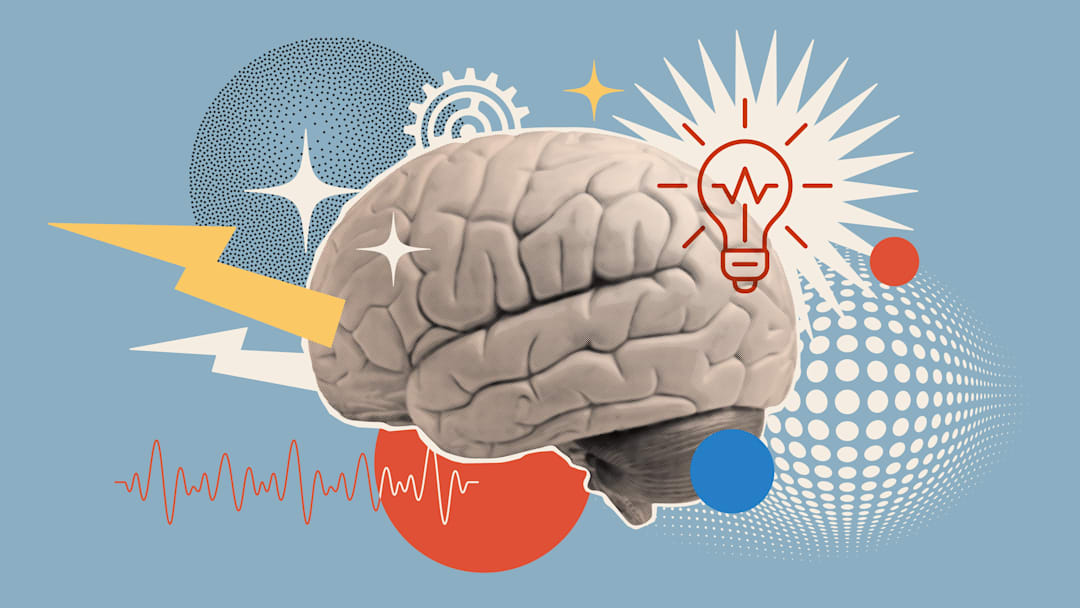

Jon Mayer
Joined: Aug 21, 2019
Jonathan Mayer is a writer, producer, director and editor, and was the Managing Producer at Mental Floss video. His work has been produced by Upworthy and Hatched, and has been written about by Splitsider/Vulture, Jezebel, the Frisky, and Laughspin. His most recent digital series, Aliens, was chosen for screening in SeriesFest and the Catlyst Story Institute Festival.




Researchers thought the site of the 1986 Chernobyl disaster was unable to support life. But a bunch of wolves, deer, wild boars, bears, and foxes disagreed.
When “Midnight’s Children” was released in 1981, The New York Times pronounced that “the literary map of India is about to be redrawn.” Here’s what you should know about the novel that introduced the authorial voice of Salman Rushdie.
The generation born between 1965 and 1980 loves nostalgia, has a ton of student debt, and hates cooking.
Nabokov’s controversial 1955 novel, which was rejected by multiple American publishers, features multiple allusions to Edgar Allan Poe and references a real-life kidnapping.
Weird but fascinating facts about everything from the guy who dragged cars with his nipples to frogs shedding (and eating!) their own skin.
‘New York Times’ restaurant critic Pete Wells once said the humble bacon, egg, and cheese was “designed to satisfy practical needs rather than voluptuary desires.“ But is that selling the sandwich short?
The history of pizza is a large pie—half Margherita and half lies. Let’s take a bite out of pizza’s past, covering styles from Neapolitan and New York to Sicilian and St. Louis and beyond.
Let’s take a roadtrip through the country, with stops at a self-flushing latrine, a collection of human brains, and much more.
'My Brilliant Friend' kicked of Elena Ferrante's Neapolitan series and inspired an HBO adaptation.
From acrophobia (the fear of heights) to zuigerphobia (the fear of vacuum cleaners), there are plenty of things to be scared of—rationally or otherwise.
We debunk one myth about each state in the U.S., from the Rocky Mountain not-so-high of Colorado to New Mexico. That’s right, New Mexico.
Here’s (at least) one interesting way station each of these common words made on its journey to the present day, whether it’s an analysis of the Latin roots, a hypothesis about a proto-Indo-European origin, or a pivotal change in meaning.